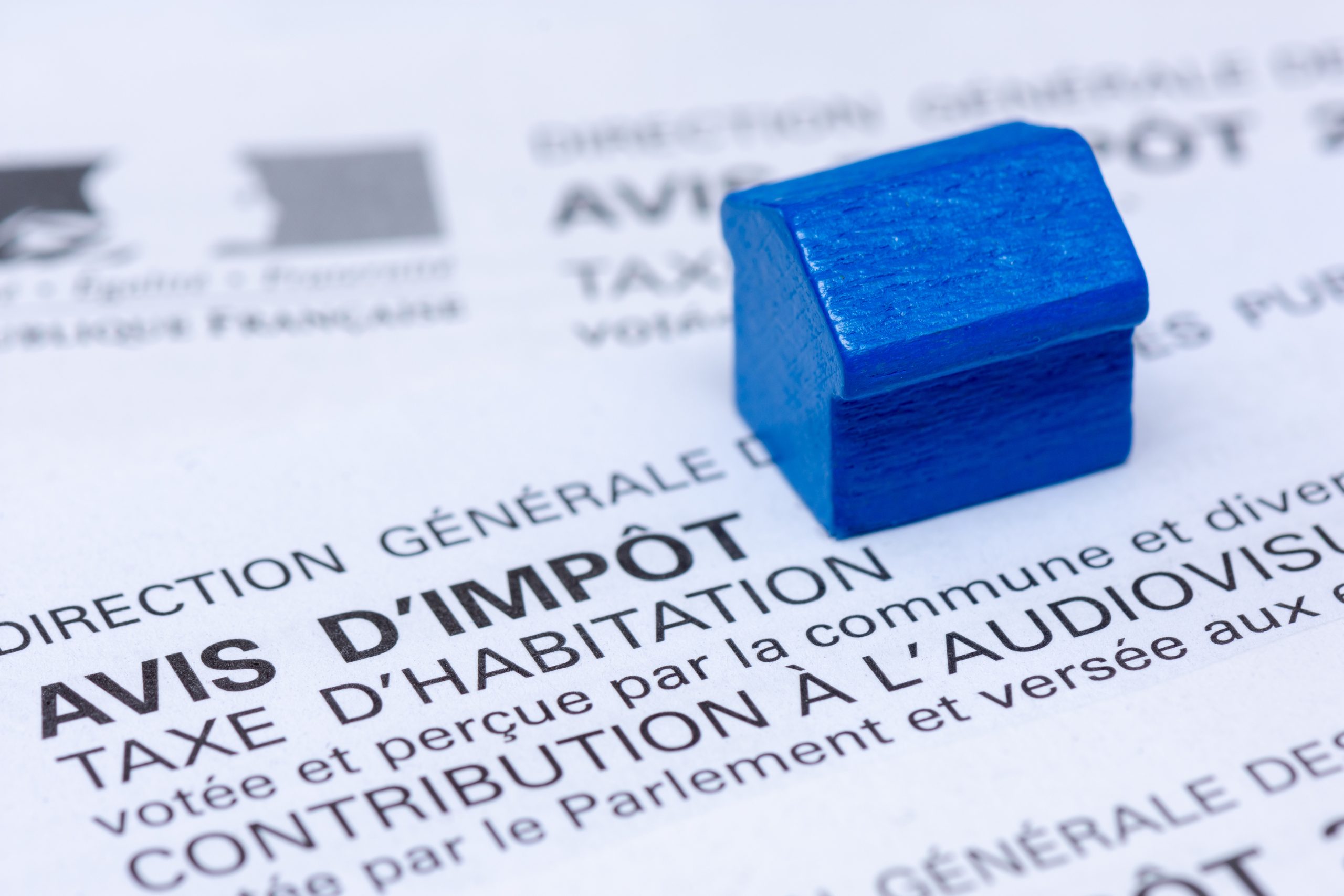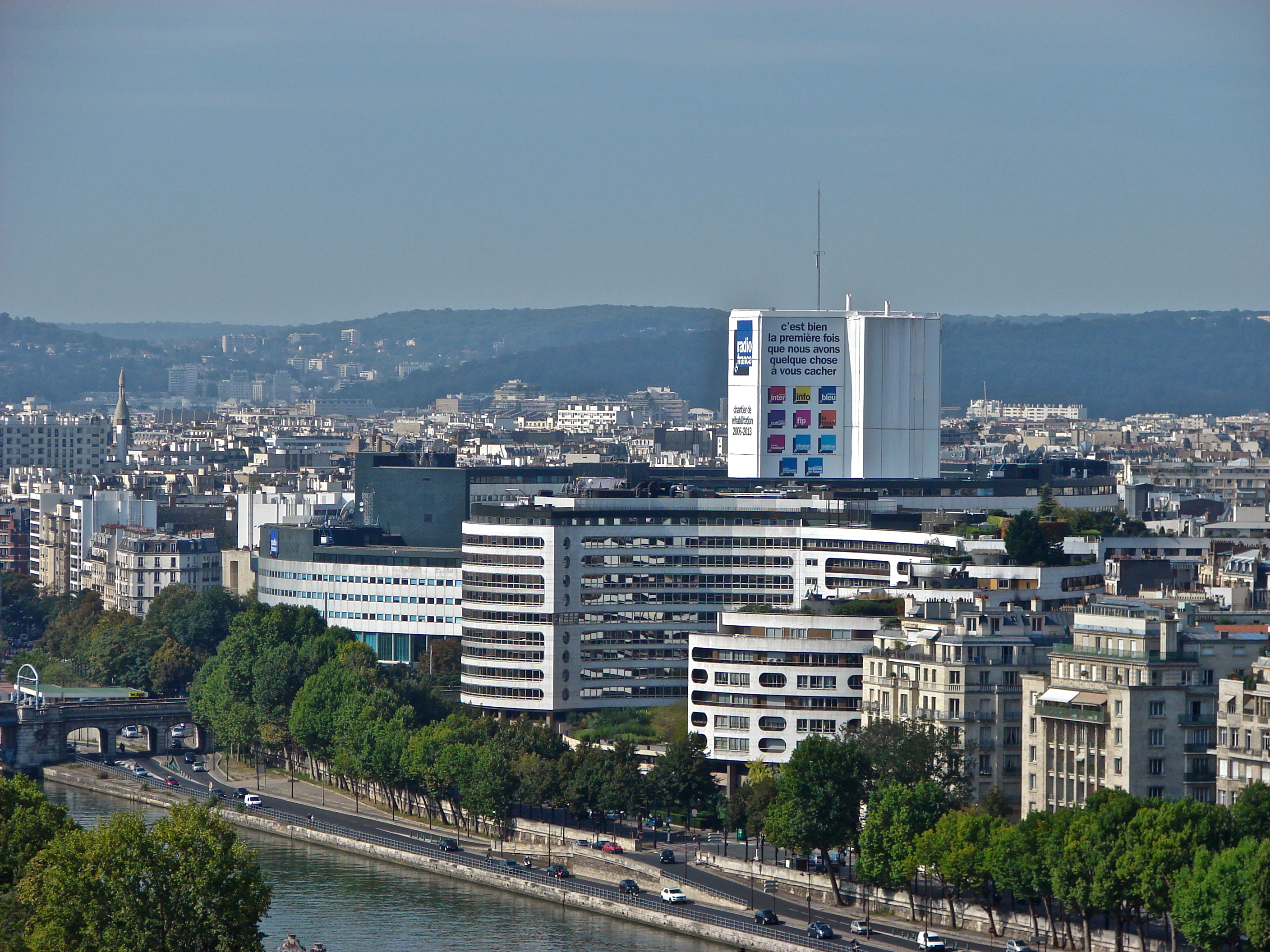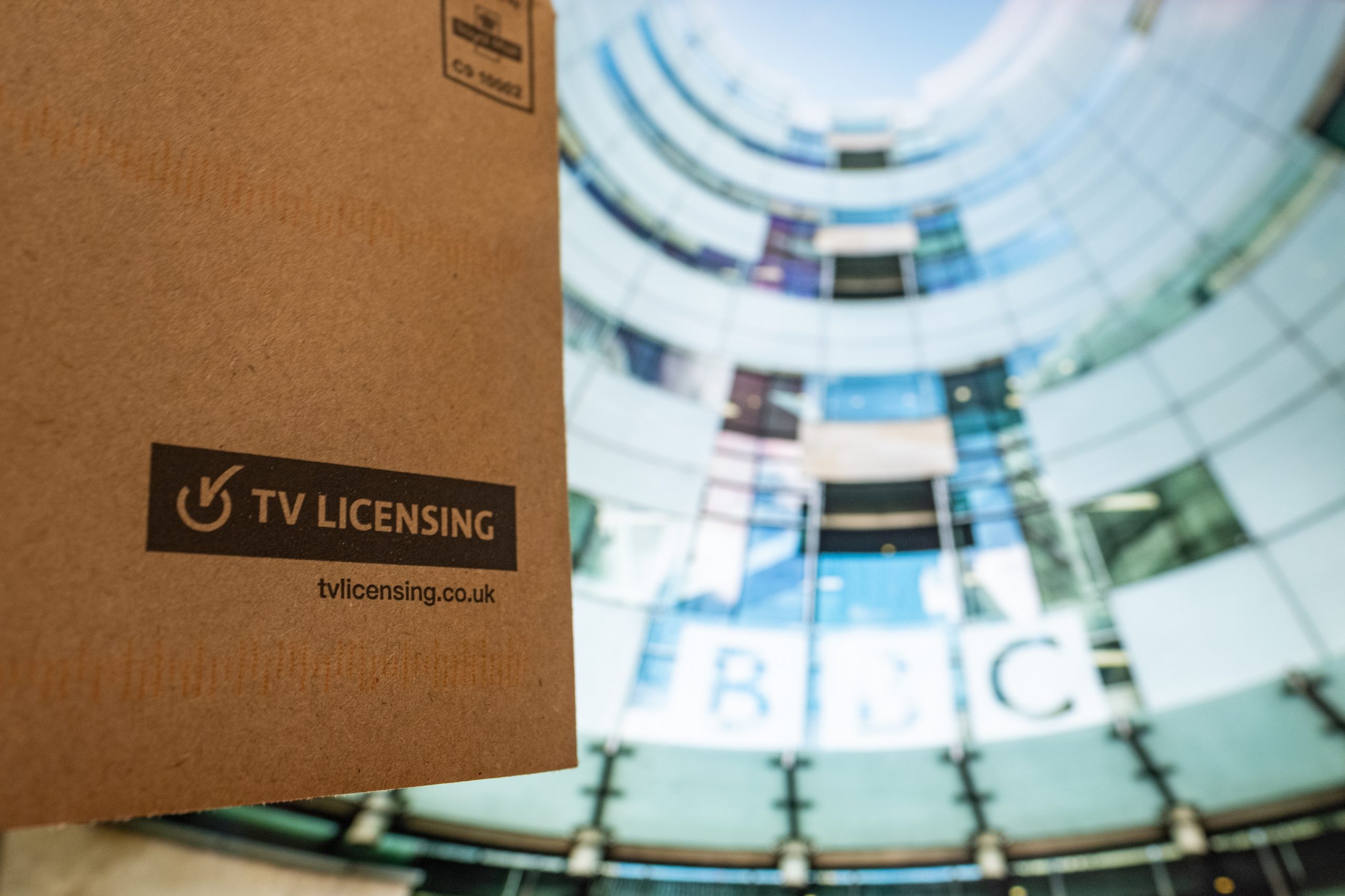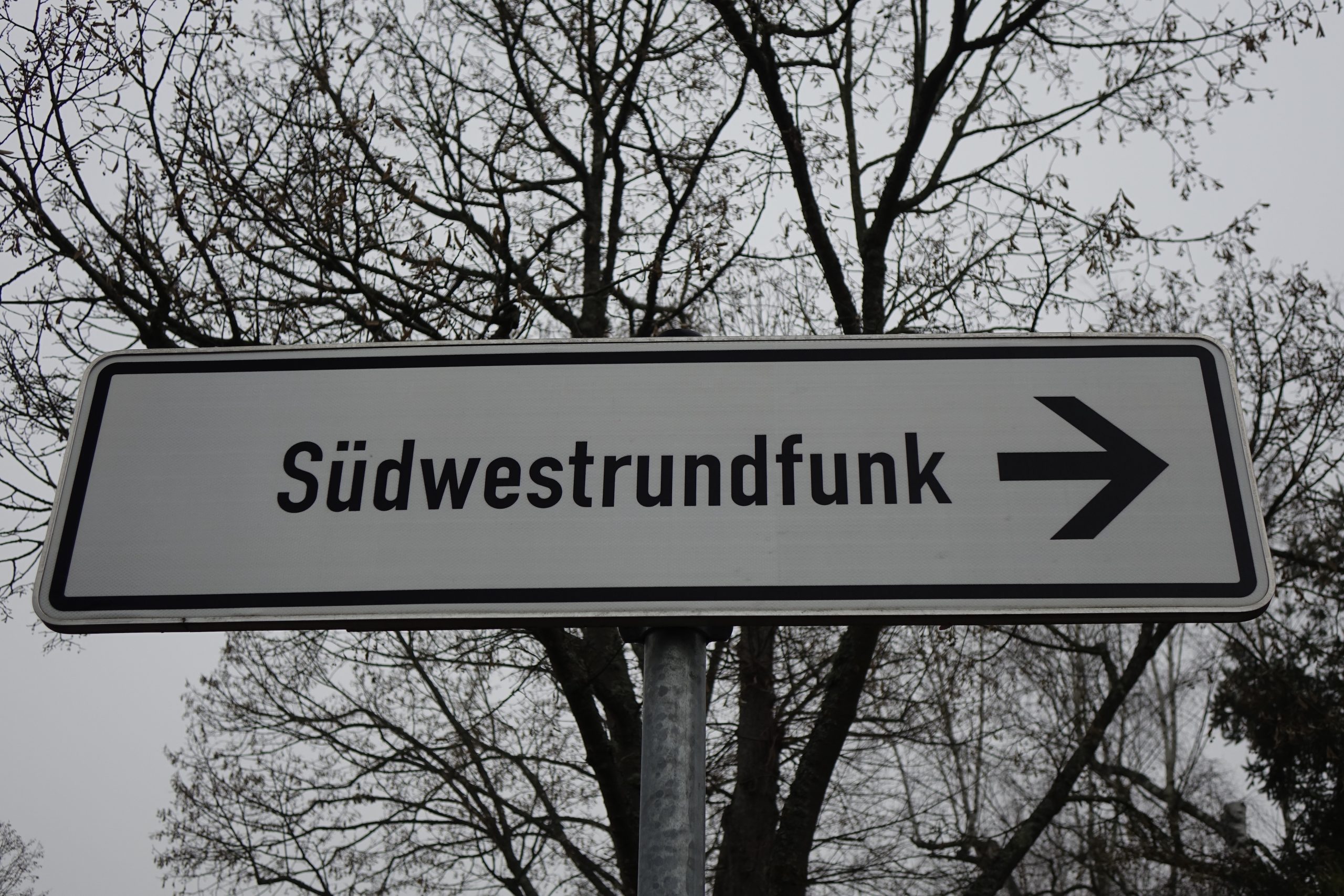VAT funding for French public media approved
28th July 2022
The National Assembly approved the first reading of the bill which would end the licence fee and instead fund it through VAT. What does this mean for French public media?

UPDATE 02/08/2022: On 2 August, the Senate – France’s upper house – also approved scrapping the licence fee. It means that from the autumn, households in France will no longer have to pay the licence fee. It was further decided that the VAT funding would only be an interim measure until the end of 2024. The bill will now return to the National Assembly for final approval before going to President Macron for final ratification.
The President of France, Emmanuel Macron, has successfully seen through the first part of a pre-election pledge to scrap the licence fee. Mr. Macron, who was re-elected in May, had promised he would remove the €138 redevance télé (contribution to public broadcasting). On Saturday, the National Assembly approved the first reading of the bill which would see his pledge become reality.
The licence fee funds multiple public service media organisations in France – France Télévisions, Arte, Radio France, and France Médias Monde (the umbrella body consisting of France’s international public service broadcasters: France 24, Monte Carlo Doualiya, and RFI).
As a result of an amendment pushed through by Ensemble! (President Macron’s party, and the largest in the National Assembly) and the centre-right party, LR (The Republicans), public service media will now be funded through a fraction of VAT. The budget for public media will remain at €3.7 billion.
Support for removing the licence fee
According to The Local, a 2019 survey showed 85% of French people backed the move to remove the licence fee. The move is part of a broader strategy being employed by President Macron to reduce the tax burden on the public, encourage greater spending power, and lessen the impact of the current cost-of-living crisis.
Explore: PSM funding models (resource)
But there were concerns about what this might mean for public media’s independence. French public media workers went on strike in June, expressing their fears over government interference and a weakening of editorial independence if the licence fee were scrapped. “The public information service must remain independent of the public authorities,” said Pierre Mouchel, central trade union representative of the SNRT CGT France Télévisions.
“This would no longer be the case with a vote on the state budget. This could generate a form of soft pressure, for example by leading journalists to treat interlocutors likely to vote for this budget differently.”
During the debate in the National Assembly, Culture Minister, Rima Abdul-Malak, played down such fears, emphasising it is the regulatory authority, Arcom, which guarantees public media’s independence, not the funding mechanism.
There was support politically, with 170 MPs in favour, and only 57 against. The left-wing alliance, Nupes, voted against over fears about the impact on independence and stable funding. The Deputy of Nupes, Danielle Simonnet, said on Twitter that the move showed “the gvnmt wants to make TV a state TV”, and criticised Mr. Macron for aligning “himself with a project always defended by the far right. It is a serious attack against public broadcasting and its independence.”
Meanwhile, the far-right National Rally, complained the bill did not go far enough. Their leader, Marine Le Pen, said moving it to VAT was “inconsistent“, and public media should instead be fully privatised.
📺 #FranceInfoTV : En compensant la suppression de la redevance audiovisuelle par une partie de la TVA, le gvnmt veut faire de la TV une TV d’état
Il s’aligne sur un projet tjs défendu par l’extrême-droite
C’est une attaque grave contre l’audiovisuel public et son indépendance pic.twitter.com/4vAw8bH0LB
— Danielle Simonnet (@SimonnetDeputee) July 23, 2022
J’ai défendu lors de l’élection présidentielle la suppression de la redevance audiovisuelle mais ce que propose le gouvernement est incohérent. Il faut aller plus loin en privatisant l’audiovisuel public, sauf quelques exceptions comme Arte ou ce qui concerne l’Outre-Mer. pic.twitter.com/Ix6ek6wGag
— Marine Le Pen (@MLP_officiel) July 23, 2022
What happens next?
The bill will next be scrutinised by the Senate. If it is confirmed without any changes, it will be passed onto President Macron to ratify. If there are changes, a cross-house group from the National Assembly and the Senate will work to find a compromised situation.

The licence fee
The licence fee remains the most dominant forms of public media funding across Europe. A 2021 study by the European Broadcasting Union found it accounts for 60% of total public media funding.
Recently, the funding model has been the subject of debate in many countries. In Ireland, the government rejected a recommendation by the Future of Media Commission to replace the licence fee, instead opting to maintain and reform. In the UK – where the current government has pledged to remove the licence fee by 2027 – the upper house in Parliament, the House of Lords, recently suggested replacing it with a council tax levy.
Read more: BBC funding: Household levy put forward
Criticisms of the licence fee centre around its link with television sets. The public accounts minister, Gabriel Attal, said the government remained committed to a strong public media, but the licence fee was “obsolete” in the digital age. The licence fee is also regarded as regressive in how it is applied largely equally across households without discretion for income.
But for governments looking to scrap the licence fee, the biggest question is: what to replace it with?
The licence fee, despite its flaws, provides a level of stability, accountability, and funding security for public media. It also offers a degree of separation from the government, thereby protecting public media organisations from any political interference. Any replacement funding system needs to be able to guarantee the same provisions which the licence fee has demonstrated so successfully.
Unfortunately, the Public Media Alliance is concerned by the National Assembly’s decision, and what it could mean for French public media. Funding out of VAT does not provide the same guarantee of independence, editorial autonomy, and accountability to the public which the licence fee does. It means French public media could be more vulnerable to cuts during tough economic times. Or it could allow governments to use funding levels as a way of putting pressure on the media. While it may be safe from such pressure under the current government – one that claims it believes in the importance of public media – it is not impossible a future government, driven by populism and a lack of respect for democracy, would not abuse this power.
Related Posts
14th July 2022
Ireland to maintain and reform licence fee system
Ireland’s long-awaited Future of Media…
5th July 2022
RFI Afrique: Using WhatsApp to disseminate news across the continent
RFI Afrique’s innovative use of…



